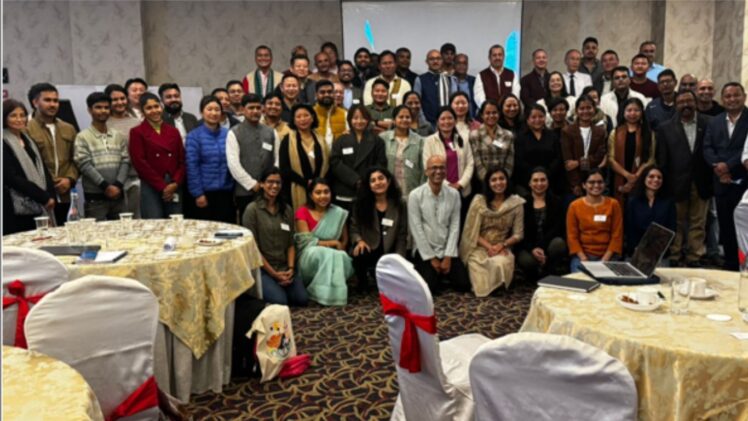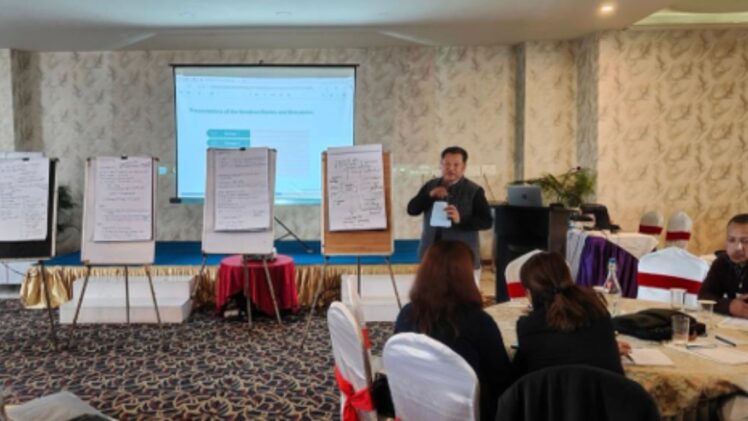
GUWAHATI: Over 70 participants from diverse backgrounds from the Northeastern states recently met in Guwahati to discuss revitalising agroecology with a focus on indigenous stewardship, food sovereignty, and resilient futures.
The event organised by the Consortium for Agroecological Transformation (CAT), marked the fifth convening of its North Eastern India Chapter, as part of a national initiative to scale up farmer-centric, landscape-based agroecology transitions.
The two-day meet explored several key themes, such as landscape-level agro-ecological models, youth involvement in agroecology, local governance for driving transformation, assessment tools for agroecology, natural resource conservation in the current extractive paradigm, and market connections for the economic sustainability of agro-ecological enterprises.

The two-day meet saw participants from diverse backgrounds such as agroecology practitioners, start-ups in the agri-business sector, civil society leaders, NGOs, state government official, and donors.
Meghalaya had proud representation from MBMA, Barefoot Trust, Grassroots, and HQ Inspired.
Speaking on the occasion, Minhaj Ameen, from the Bharat Agroecology Fund, said, “CAT is a collaborative platform that brings together diverse stakeholders across the agricultural value chain in India. Our aim is to transition towards agroecology at a mass scale in India.”

The highlight of the event was the energetic and determined practices of young students who have adopted the agroecology way of life into school and colleges while moving away from the conventional pursuit of salaried jobs, exemplifying the merger of passion and profession.
Amba Jamir, a policy expert based in Nagaland, called for a shift in national agricultural policies: “This convening has made it very clear that we need a significant change for agroecology-based food and natural resource management systems. However, despite its benefits, agroecology remains neglected in our national policies. The government, therefore, must recognise the importance of agroecology and prioritise its development in national policies.”
Partners for the convening included India Climate Collaborative, Bharat Agroecology Fund, North-East Network (NEN), NESFAS, SeSTA, Farm to Food, C-GEM, and the Better Life Foundation.







